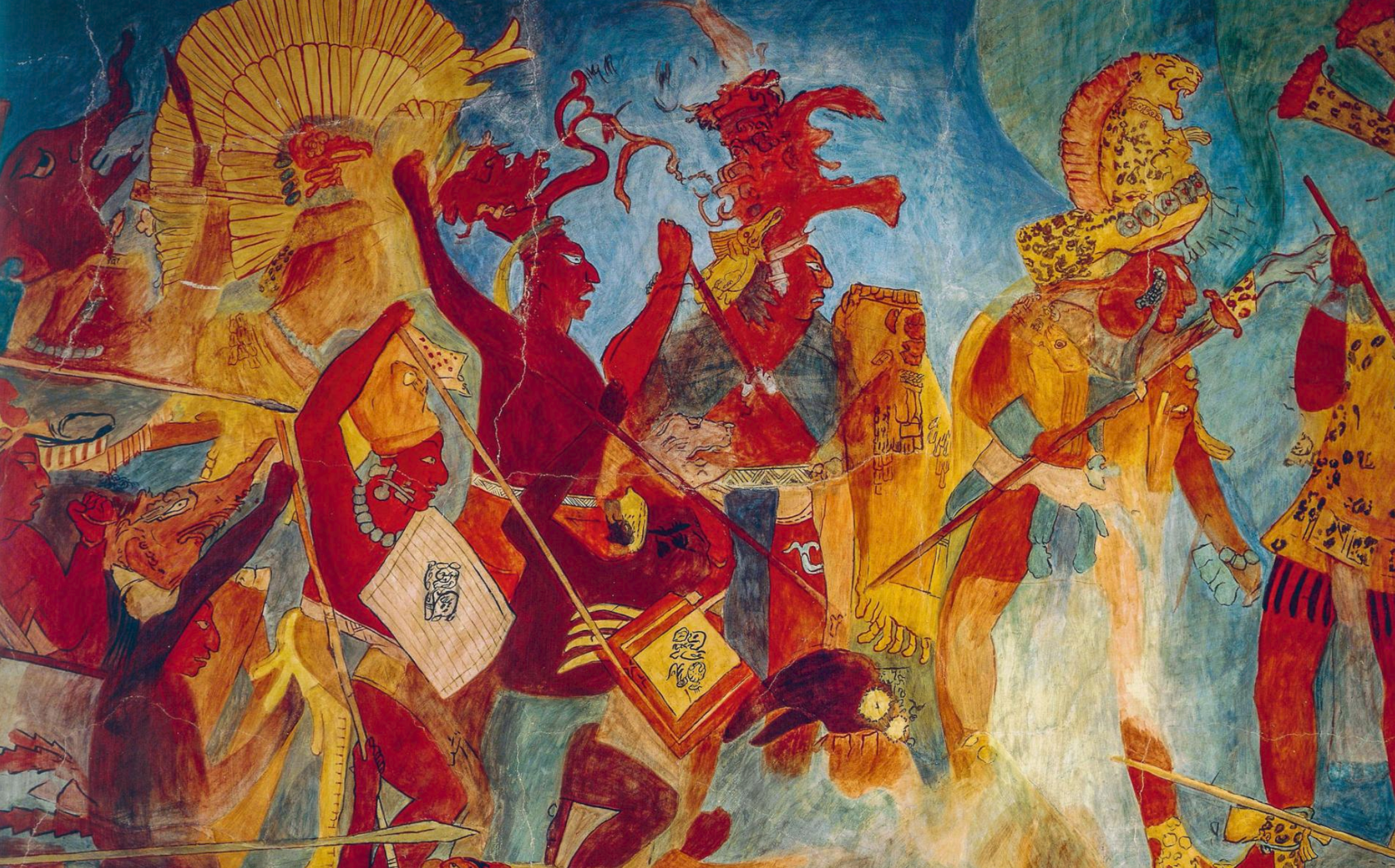A team of archaeologists led by David Wahl from the US Geological Survey has discovered new evidence that attributes the collapse of Mayan civilization to acts of “total war” and deliberate city scorching.
Researchers have generally defined this era as a gentle and culturally sophisticated society that pioneered advanced writing systems, studied astrology and built architectural wonders. Carmen’s recent archaeological excursion with the Pacunam foundation and its President Marianne Hernandez witnessed the remnants of Mayan cultural excellence in El Zotz.
The demise of the thriving Mayan culture has often been attributed to the impacts of climate change and severe drought that spawned intra-city tensions resulting in fierce competition for natural resources. But evidence reported on 5th August, in the journal Nature Human Behaviour, reverses this narrative, as the team discovered an inch-thick layer of charcoal in lake Laguana Ek’Naab, in Northern Guatemala suggesting that the Mayans engaged in deliberate warfare for political control over people, resources and land.
Sediment samples from Lake Ek’Naab.
Wahl explains that the sediment has provided the team with “high-resolution information of what was going on in the era” dating back almost 1,700 years. His findings represent a challenge to the prevailing notion of the nature of Mayan warfare before 800 AD and indicate a possible reason as to why people fled the once thriving city of Witzna.
While Wahl was still making sense of this discovery, teams of archaeologists led by Francisco Estrada-Belli of Tulane University continued to excavate Witzna. Gradually, they uncovered evidence of the widespread destruction of buildings and most notably, found an inscription that detailed the name which the ancient Maya gave the city: Bahlam Jol.
Models of the stone inscription collected from an ancient Maya site in Guatemala. One of the stones reveals how the city of Bahlam Jol burned.
Alexandre Tokovinine, a specialist in Mayan writing, cross referenced the name with old recorded inscriptions to discover that in the nearby city of Naranjo a stone documented in hieroglyphs that “Bahlam Jol burned” on a date reconstructed as May 21 697 AD.
The connections that have been made between archaeological evidence and written records present a convincing argument that violent warfare was not restricted to holding high-status individuals to ransom, but more a phenomenon that “had an impact on the general population”, explained Estrada-Belli.
The implications of this discovery extend beyond mere reinterpretations of Mayan warfare. Carmen reflected on how the people and the beautiful culture of ancient Mayan civilization died at the mercy of drought, famine and political warfare, and how the desolate fate of the Mayan civilization has striking parallels to global issues that threaten people and cultures today.
Carmen went on to explain that “sustainability needs to become more important than solitary pursuits of power and economic greed. We all need to unlock this negative energy that is used to gain futile individual power and transform this into a form of universal power that shares the goal of preserving human life and culture before it’s too late”.
Home Page Photo: G. Dagli Orti De Agostini














